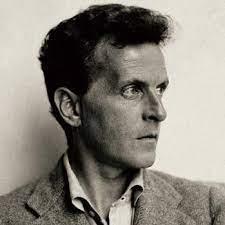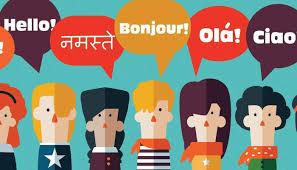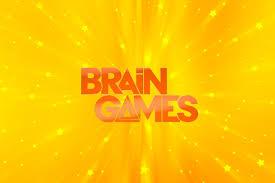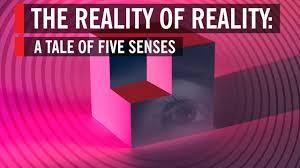I was tickled when my publisher’s catalog displayed my book opposite one by philosopher Ludwig Wittgenstein. As if we’re on a par. Just name-drop Wittgenstein to sound intellectually pretentious.

The title of his big book was Tractatus Logico-Philosophicus. (A take-off on Spinoza.) Talk about intellectual pretentiousness. That seems a common malady for book titles in this genre. I prefer ones that actually say something. Like Karl Popper’s The Open Society and its Enemies. That lays down a gauntlet. (Mine was The Case for Rational Optimism.)
I also prefer a book that actually says something. What is philosophy really for? It should help us grapple with the fundamental problems of existence, human life, and society. I’ve read some Wittgenstein, finding there nothing of the sort. That’s true of much of modern academic philosophy, going down esoteric rabbit holes, with scant relevance to real human concerns.

Wittgenstein’s main focus was language. Language and its use in human thought does raise important conceptual issues worthy of exploration. But can that help us much in figuring out how to understand the cosmos and live our lives?
Wittgenstein actually said, “The reason why philosophical problems are posed at all is owing to a misunderstanding of language.” And he dismissed past philosophizing as just verbal trickery trying to answer unanswerable questions; while our life problems have their roots in linguistic confusion. I think those assertions themselves epitomize the very thing Wittgenstein was denigrating. Our essential dilemmas are real, even if we have trouble finding the words to express and address them.
This leads to Wittgenstein’s own central concern — the correspondence between reality and language. He theorized language being formulated to correspond to actual “states of affairs” like a map corresponds to a landscape. But Wittgenstein finally decided that’s impossible; we’re prisoners of our language. There is no “meta language” that could transcend that. After all, in what except language could we even talk about this problem? He ultimately saw no way of firmly connecting language to the external world.
Meantime, Wittgenstein regarded most philosophical arguments as really resolving into disputes over the meaning of words. “Is abortion murder?” depends on exactly what meanings we attach to those operative words. But meaning is itself an elusive concept. He famously cited the word “game,” which he said can have a multitude of different meanings.

To which I say: so what? Yes, words can have different meanings, and languages aren’t always logical. Simply because they evolve organically, through use, rather than being constructed in laboratory conditions. We know that. Again — so what? It doesn’t stop language fulfilling its purpose. Saying “game the system” versus “play a game” versus “hunting game” versus “I’m game for that” does not render the word somehow problematical on some deep level. We understand what each phrase means. Thus language does its job.

That does include the job of mapping the world. True, language does that imperfectly. So, for that matter, do our senses, at the initial task of gathering information about reality even before we put it into words. But for all the philosophical gnashing of teeth over how we cannot apprehend reality at some ultimate level of realness, nevertheless we actually do pretty darn well at it — or else we couldn’t survive for ten minutes in our unforgiving environment.
So I don’t see what was such a big deal about Wittgenstein. To me the Tractatus seems fundamentally trivial. But I’m actually not alone in that view.
Wittgenstein himself, in a posthumously published book, called the whole thing circular and devoid of meaning. And while the Tractatus ended by saying, “what we cannot speak about we must pass over in silence,” now Wittgenstein said such matters are all that’s worth thinking about.
